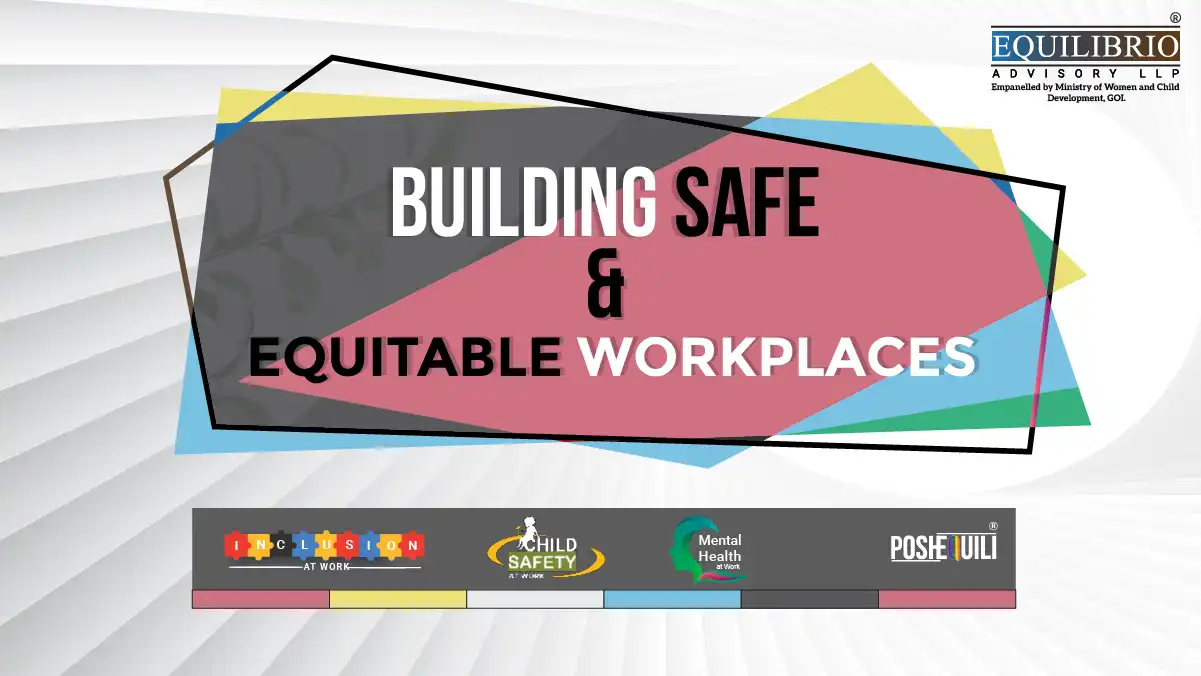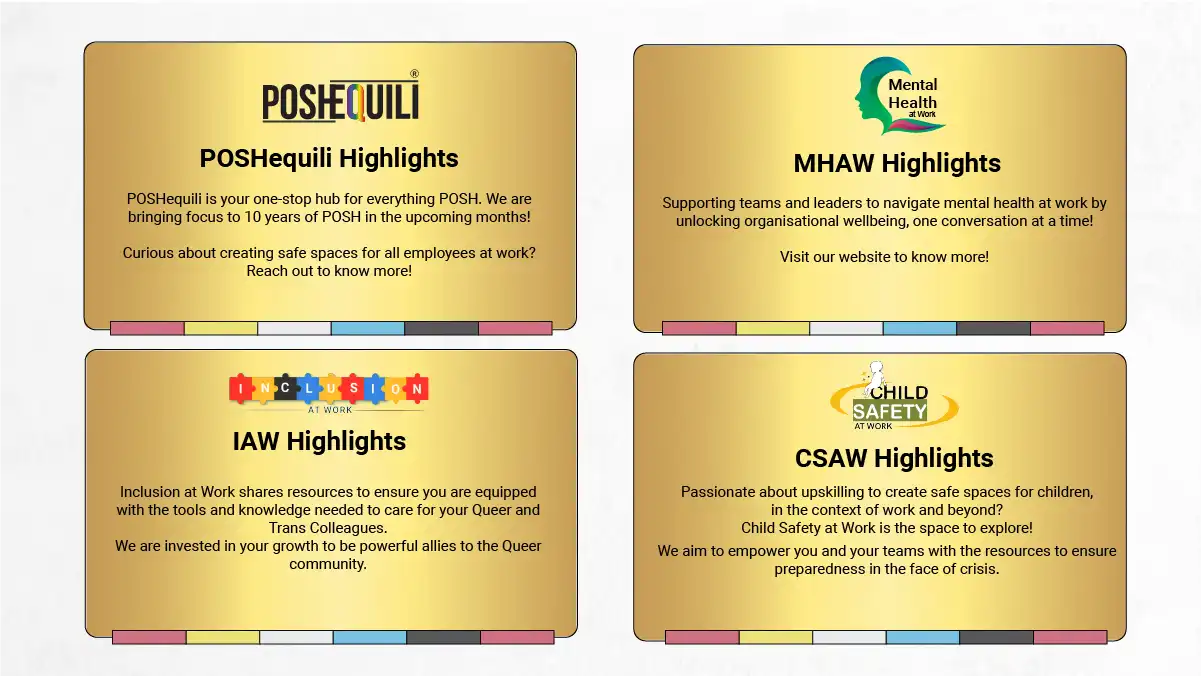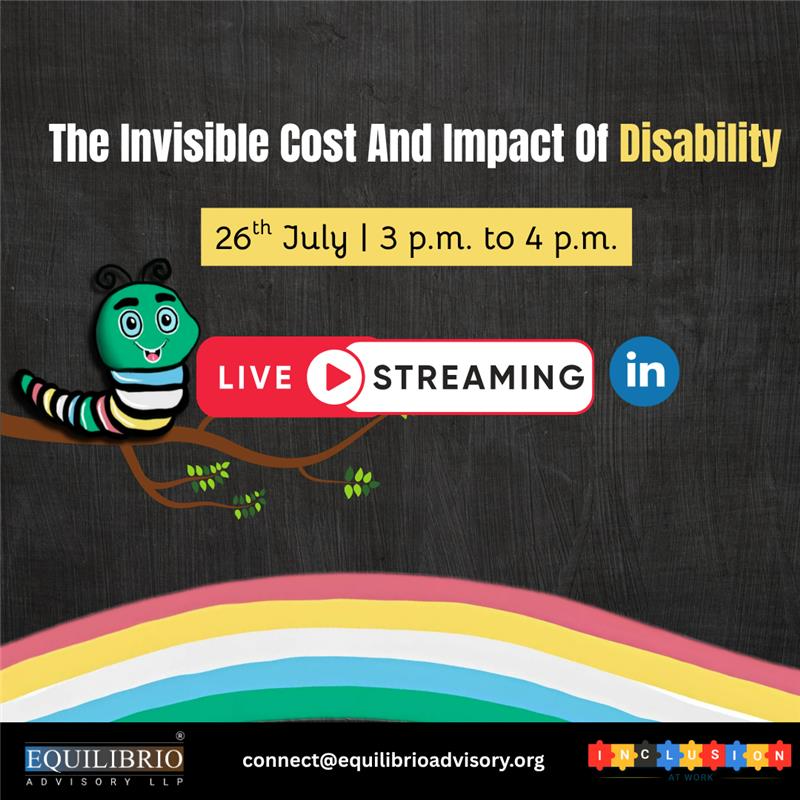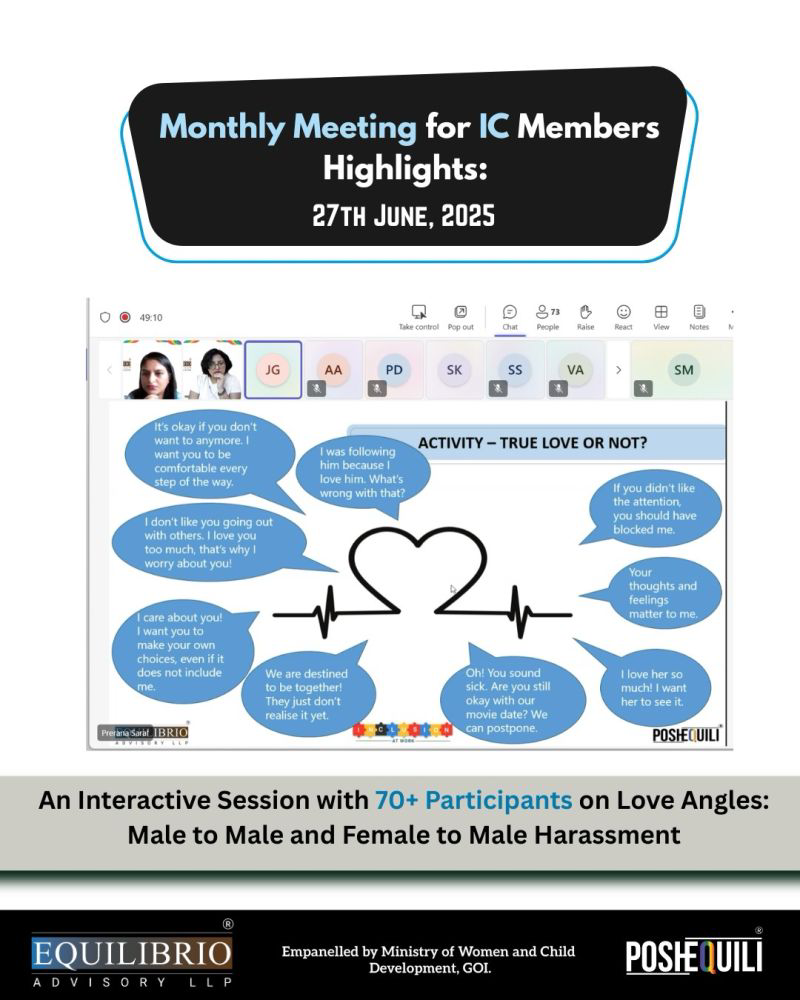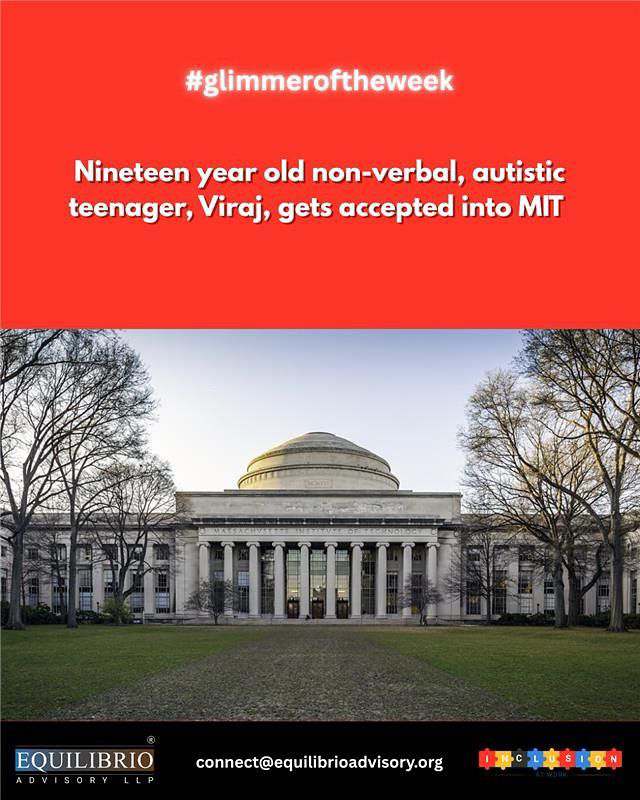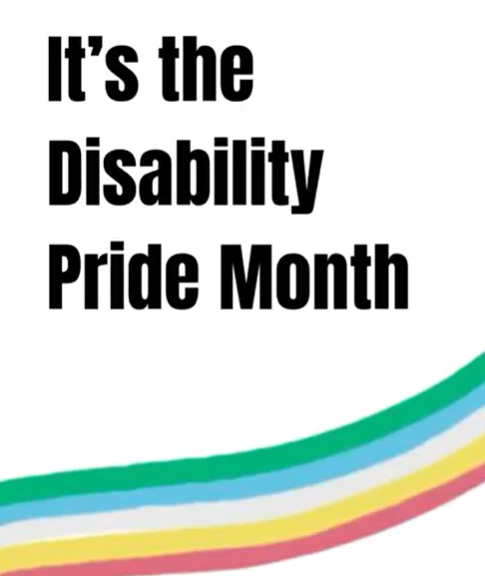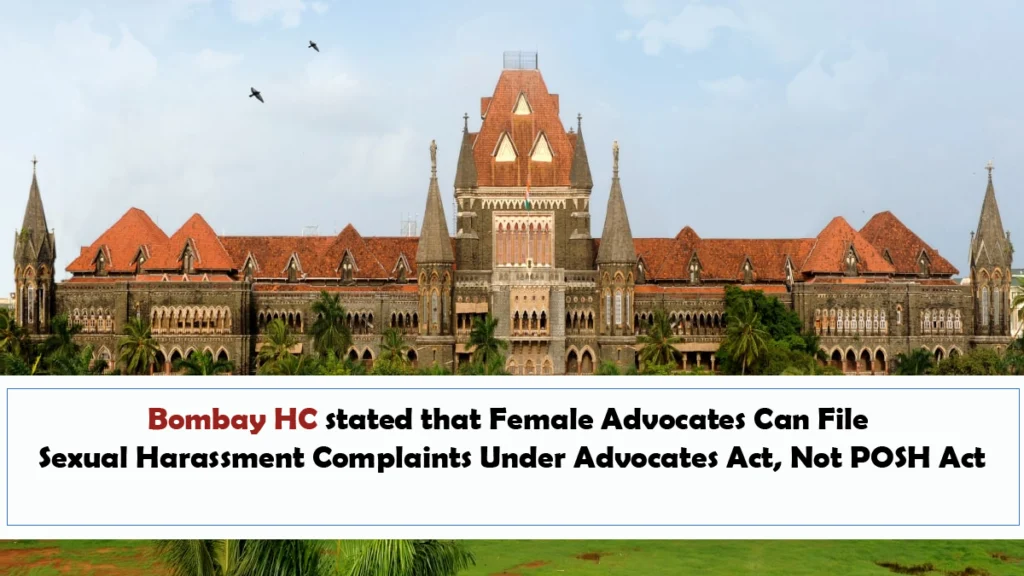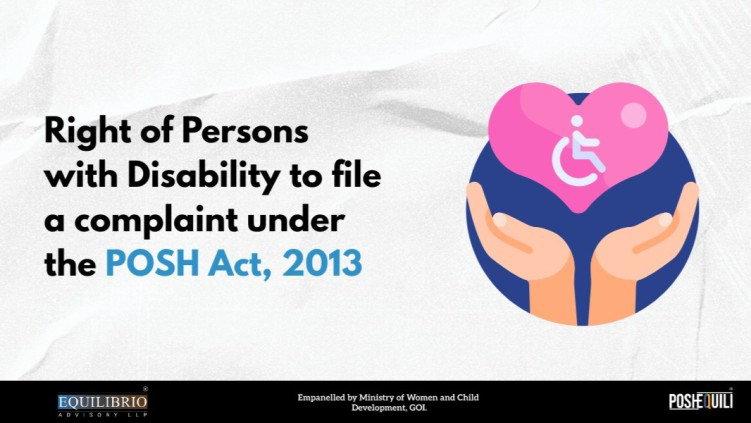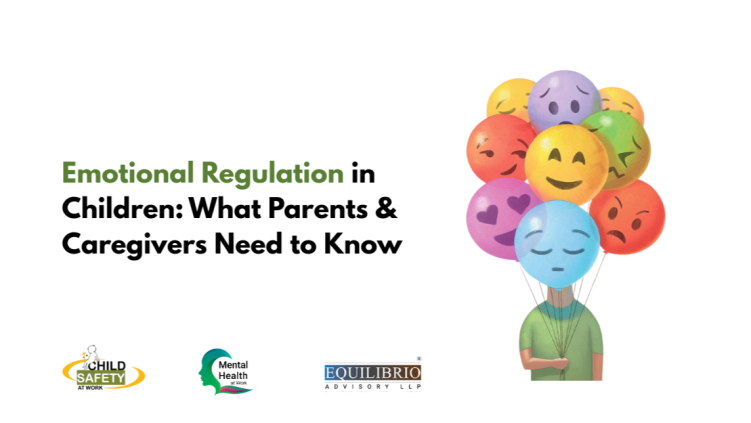The Equilibrio Gazette
A brief buletin for building safe workspaces!
11th July 2025 | Issue No. 89
Upcoming Events
Mark your calendars! In this section, we highlight an upcoming event you won't want to miss.
In the Spotlight!
Explore ways to build your knowledge and capacity with our team of in-house experts!
Join us on July 25th for yet another engaging Monthly Meeting, this time focussing on “Complicated Conciliation Cases”.
Stay Current!
~ Spotlighting Landmark Judgments since passing of the Law!
I - LEGAL UPDATES
II - Exploring Intersections
Engage with us!
Here's your weekly food for thought through a Fun Fact or Quiz.
Did you know that that the fight for accessible public spaces began over half a century ago? The first Disability Rights Movement in the United States began in the 1960s and 1970s. This grassroots effort aimed to end the segregation and discrimination faced by disabled individuals. One pivotal event was the 504 Sit-in in 1977, where activists occupied a federal building in San Francisco for 26 days, demanding the enforcement of Section 504 of the Rehabilitation Act, which prohibited discrimination against people with disabilities. This bold act of protest played a crucial role in shaping disability rights. It led to significant advancements in accessibility and inclusion in society.

Have a burning question about POSH? Maybe Mental Health at Work, Child safety or DEI&B strategies? Drop us an email with your query and we would love to answer it, in all seriousness.
Here’s all the tools you need to build safe and equitable workspaces!
Drop us a Hey, to get started!



